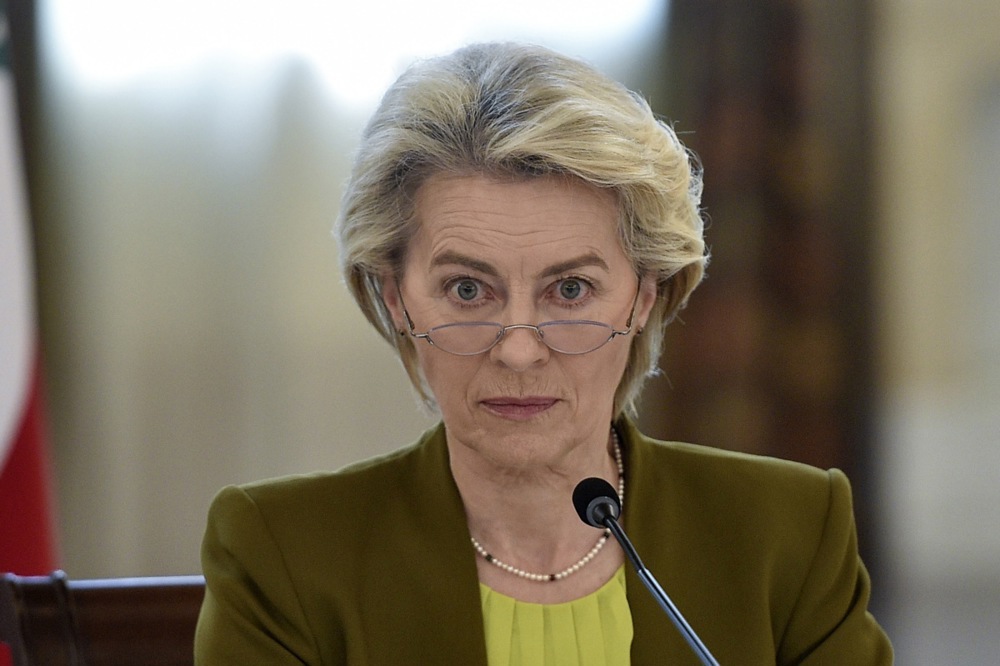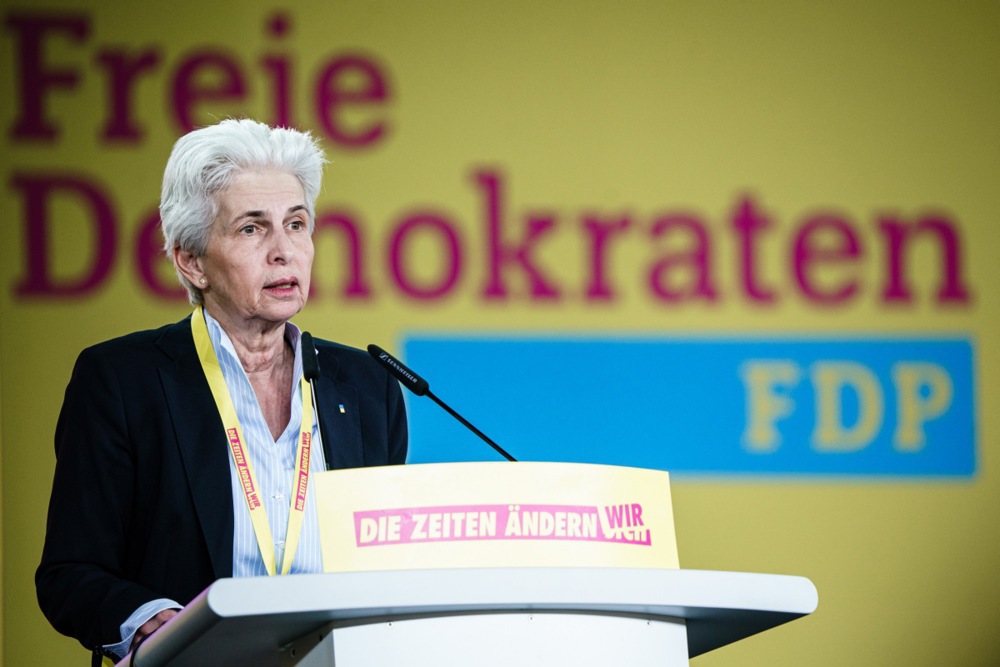The European Commission’s annual report on rule-of-law in the European Union, usually published in June or July, will be delayed “because the Commission is at a political standstill”, according to internal sources within the European Court of Justice (ECJ).
“The report has clear political consequences,” EC sources said, adding: “This year it’s all about the top jobs and until all the cards are dealt, no one will lift a finger.
“Given the timetable for the rest of the year, it is very likely that whoever takes up the post of Commission president will not say anything until he or she is elected,” they added.
To achieve her ambitions for a second term, EC President von der Leyen will likely need support from European Council big-hitters including the Spanish Socialist Prime Minister Pedro Sánchez.
Von der Leyen is a member of the German Christian Democratic Union (CDU), which is part of the European People’s Party (EPP) in the European Parliament along with Spain’s People’s Party (PP), whose President is Alberto Núñez Feijoo.
Feijoo is confident that Brussels will defend the “rule of law” in Spain, a reference to amnesty legislation for Catalan separatists.
Spain’s Right leaders consider the amnesty law to be unconstitutional and want to involve the European Commission on their side.
The Spanish Constitutional Court has not yet ruled on the matter, but the president himself, Cándido Conde-Pumpido (PSOE), is one of the drafters of the law.
The European executive itself said on March 7, via the Justice Commissioner Didier Reynders, that it would not pronounce on the amnesty until it had been approved.
EC sources have also said there was “no way” the executive would say anything about the amnesty law until “the end of the year”.
That was, they said, because the body did not want to “give the impression of unequal treatment”, referring to the full year it took to reach a verdict on the rule of law in Hungary.
Groups such as PP and the Vox party in Spain have been lobbying in Brussels for this timetable to be shortened.
One of the EC sources pointed out: “Reynders’ letter to Justice Minister Bolaños in Spain demanding details on the amnesty law had von der Leyen’s approval.”
European Justice Commissioner Didier Reynders has written to Spain’s acting government expressing “serious concerns” over a potential new amnesty law for Catalan separatists. https://t.co/RY9SlrHFwK
— Brussels Signal (@brusselssignal) November 9, 2023
Circumstances have changed, though, and now von der Leyen needs backing from Sánchez and European Council members to nominate her for a second stint as EC President at the end of the month.
Moreover, she would then have to be approved by the European Parliament – and the Spanish Socialist Workers’ Party (PSOE) is now the largest party in the S&D group, after German Chancellor Olaf Scholz’s Social Democratic Party (SPD) finished third in the EP elections.
European People’s Party president Manfred Weber said before the elections: “This [Spanish] Government is crossing the red lines. This also needs to be discussed at the European level.”
The Spanish Right has also brought up the possibility of involving the European Court of Justice.
Given the ECJ usually takes around 16 months on average to resolve a case, the amnesty’s compatibility with EU law would however not be resolved until 2026.
Exiled Spanish MEP Carles Puigdemont may be closer to getting his way regarding a new amnesty law. https://t.co/PJi6dApLoN
— Brussels Signal (@brusselssignal) September 20, 2023
Meanwhile, the Catalan separatists of ERC and Junts say they want a referendum on independence.





